News
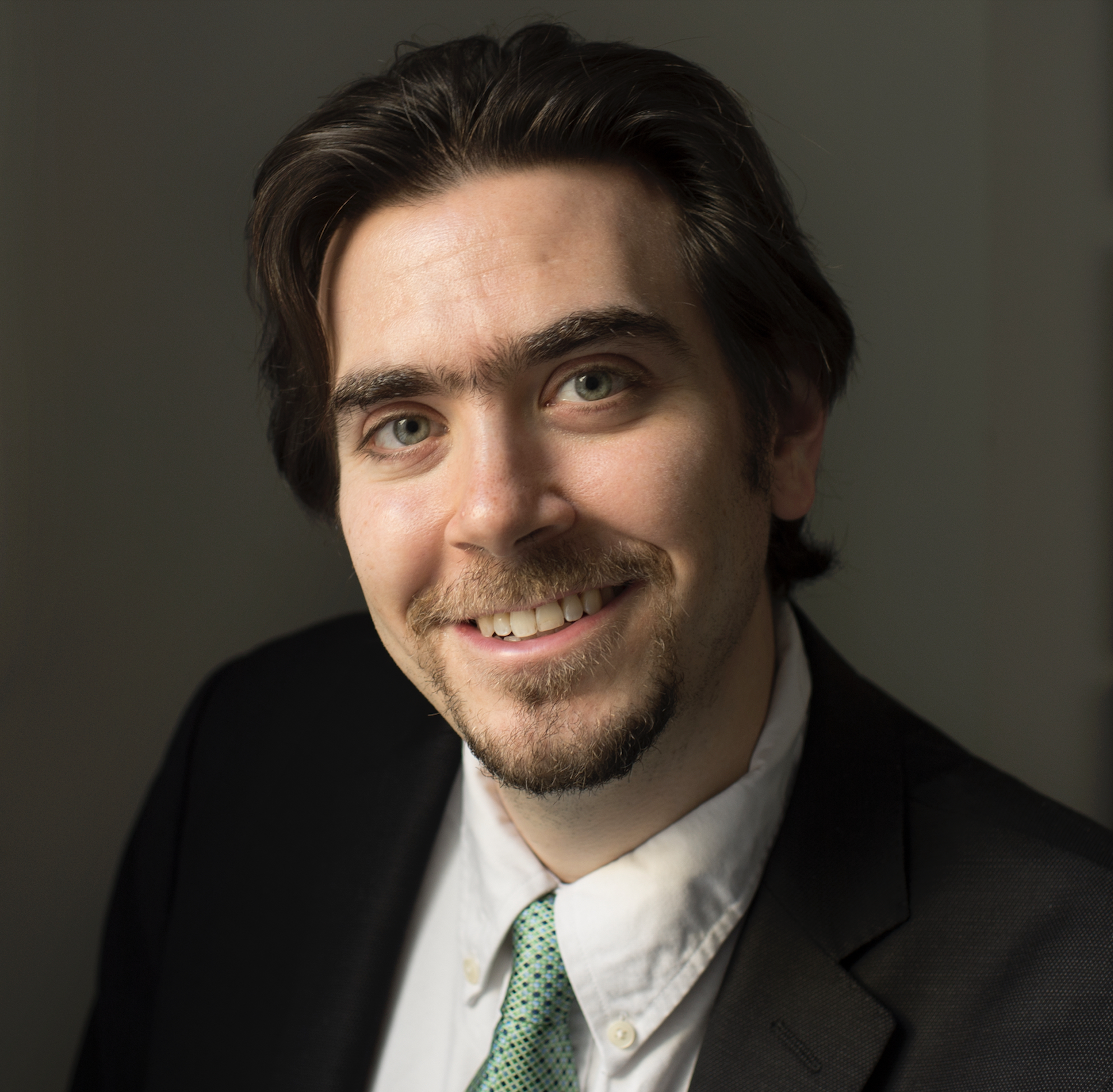
Fact Checkers Take Stock of Their Efforts: ‘It’s Not Getting Better’
GW’s David Broniatowski is featured in a New York Times article that addresses the difficulties organizations that aim to combat online misinformation face.

New Research Reveals Weakness In Facebook’s Fake News Policies
A study led by GW’s David Broniatowski and Lorien Abroms found that that Facebook failed to stop the spread of misinformation on COVID-19 because their efforts were "undermined" by the core design features of the platform itself.

Behavioral Sciences Technology Expert Pablo Paredes Joins UMIACS
UMD’s Pablo Paredes Castro studies the relationship between technology and health, and how digital and physical tools can sustain and improve our well-being.

Study Finds the Design of Facebook Allowed Covid-19 Vaccine Misinformation to Spread Despite Removals
Research led by GW’s David Broniatowski found that even if Facebook removed troublesome content in one place, users could find it easily elsewhere on the platform. He hopes his group’s research will help platforms develop new approaches to deal with misinformation.

Researcher Heading New $20M NSF-Backed Institute Says Systems Should Support Societal Good
UMD’s Hal Daume discusses the current state of AI and the role that TRAILS will play moving forward.

$1.5M NSF Grant to Boost Middle School Math Learning With AI
UMD's Jing Liu and Wei Ai are part of a multi-institutional team funded by a $1.5 million NSF grant that is using AI and machine learning to assess and improve the quality of middle-grade mathematics lesson plans.

Can ChatGPT Co-Author Your Study? (No, But It May Help With the Research)
GW’s John Paul Helveston and Ryan Watkins helm an online repository documenting the use of large language models in scientific research.

Digital Skills ‘Break Through’ Across Disciplines
UMD’s Kate Atchison leads the Break Through Tech Summer Guild program, designed to give students from other majors who are underrepresented a hands-on opportunity in tech.
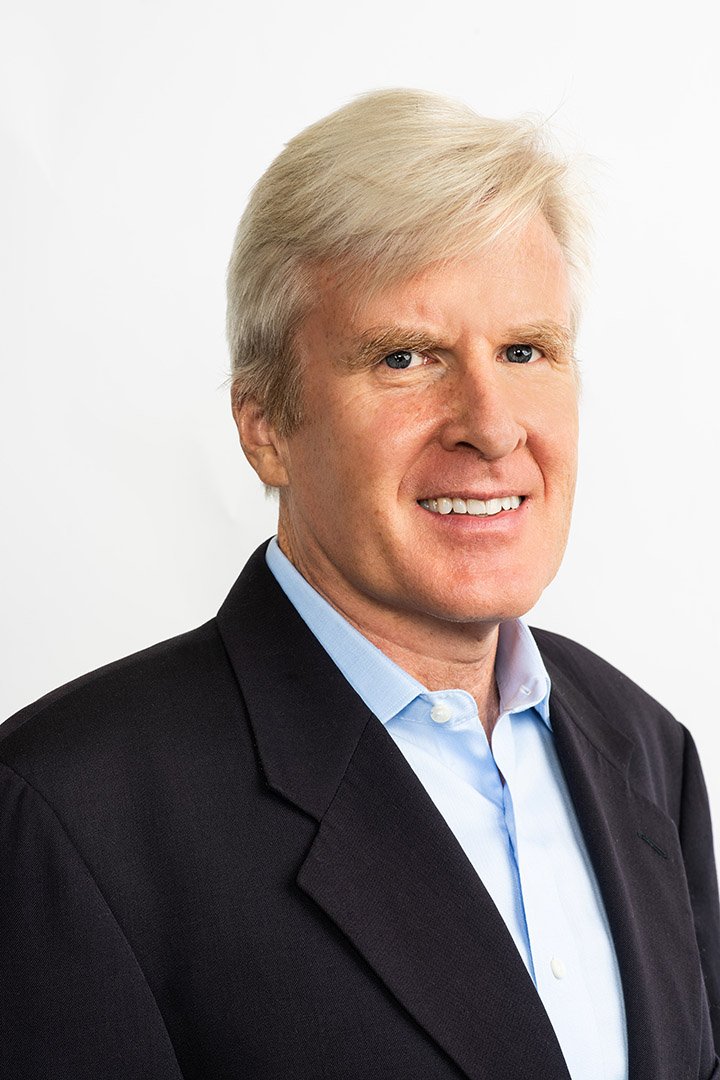
Brauneis Leads Development of Database to Inform Users on Litigation Relating to AI
GW’s Robert Brauneis is developing a database to make it easier for others to understand AI litigation.

AI Firms Under Fire for Allegedly Infringing on Copyrights
GW’s Robert Brauneis shares his thoughts with Voice of America on how U.S. copyright law applies to images and content generated by AI.

Researchers Develop and Test AI Text-Detector Tools
UMD’s Soheil Feizi, Tom Goldstein and Furong Huang are publishing groundbreaking research on the reliability of AI text-detectors.
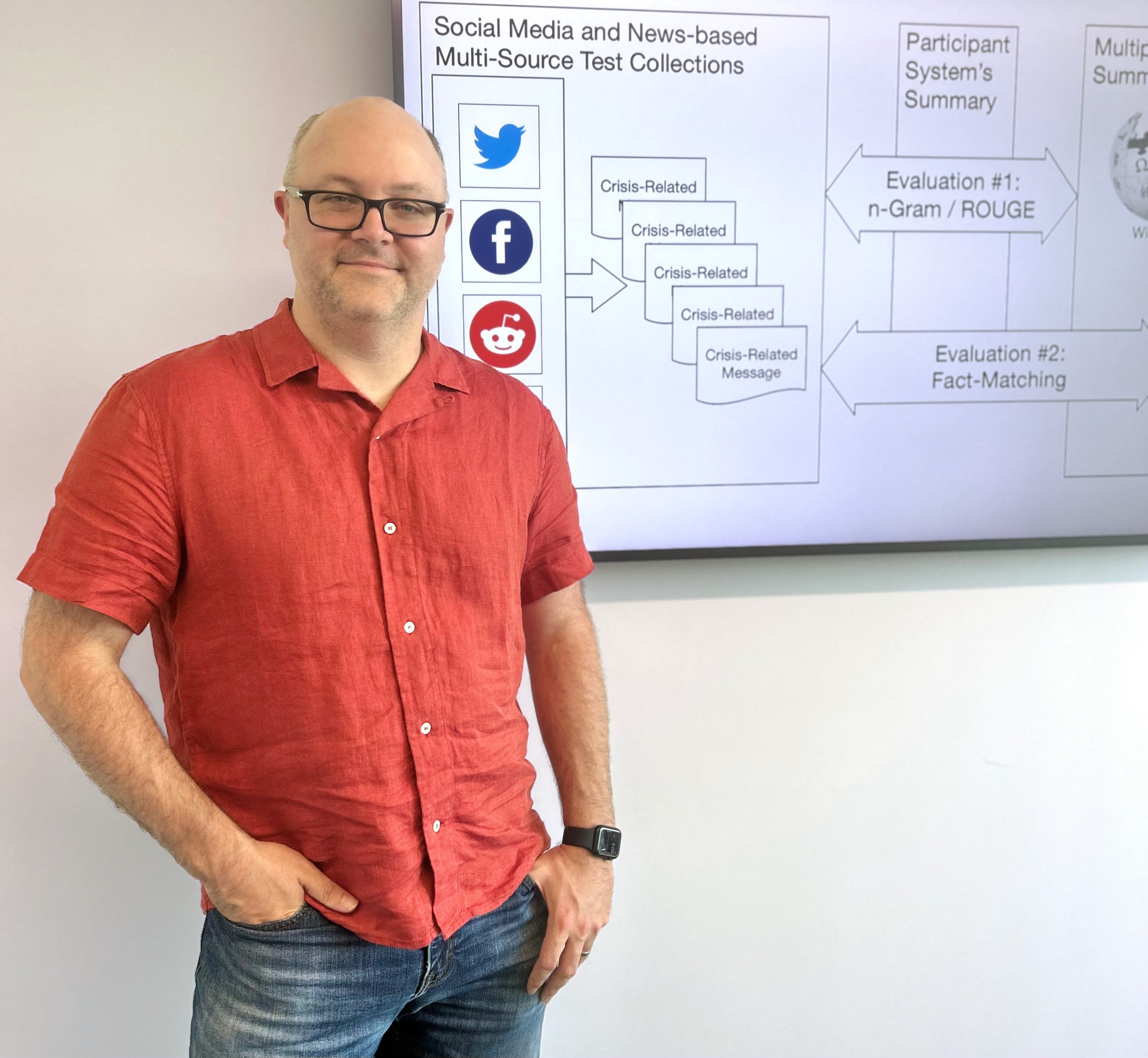
Buntain Builds Digital Tools to Combat Misinformation
UMD’s Cody Buntain works to make the online information ecosystem a more informative, higher-quality space by enhancing its resistance to manipulation.
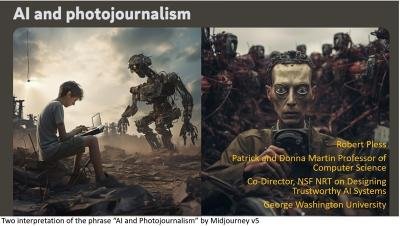
Images Posted on Internet are Training AI Algorithms
GW’s Robert Pless describes how that billions of photos posted on the internet are training algorithms for generating images made with artificial intelligence.
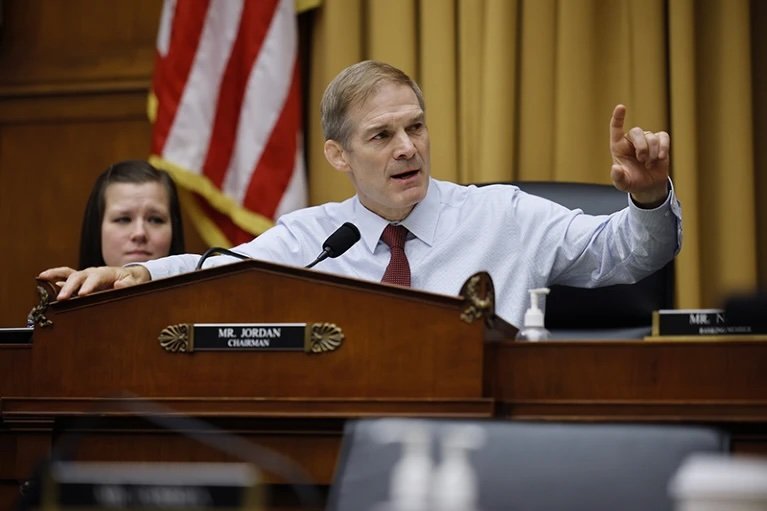
Disinformation Researchers Under Investigation: What’s Happening and Why
GW’s Rebekah Tromble tells Nature that scientists have been targeted by legal actions and information requests from conservative activists and leaders before—and it’s not likely to stop anytime soon.
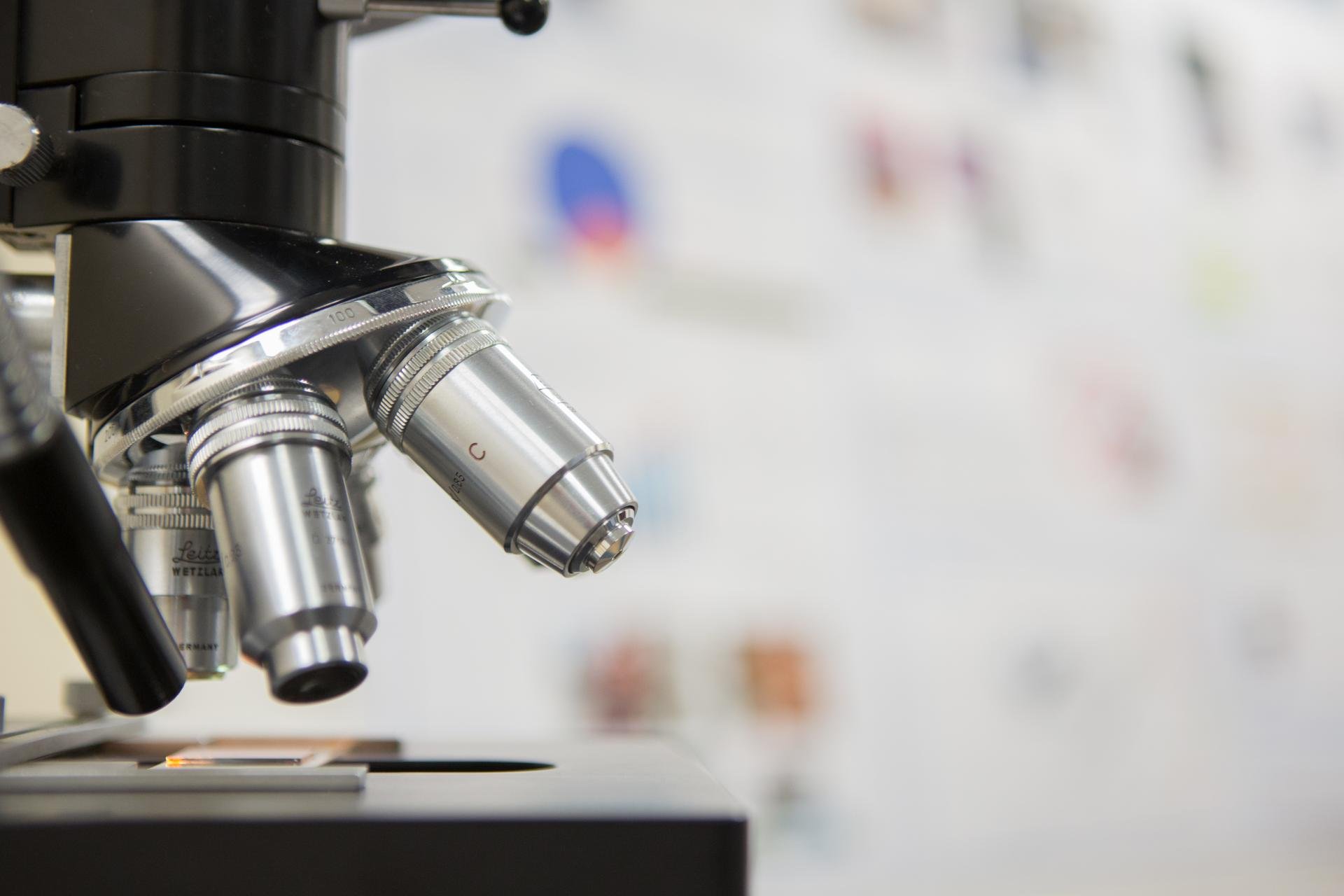
Tech Maturation Awards Bring Potentially Transformative GW Inventions Closer to Market
GW’s Ekundayo Shittu received a Technology Maturation Award for his novel system that utilizes non-intrusive load monitoring, machine learning, edge computing, and reliability analysis techniques to comprehensively evaluate medical equipment utilization and condition in hospitals.
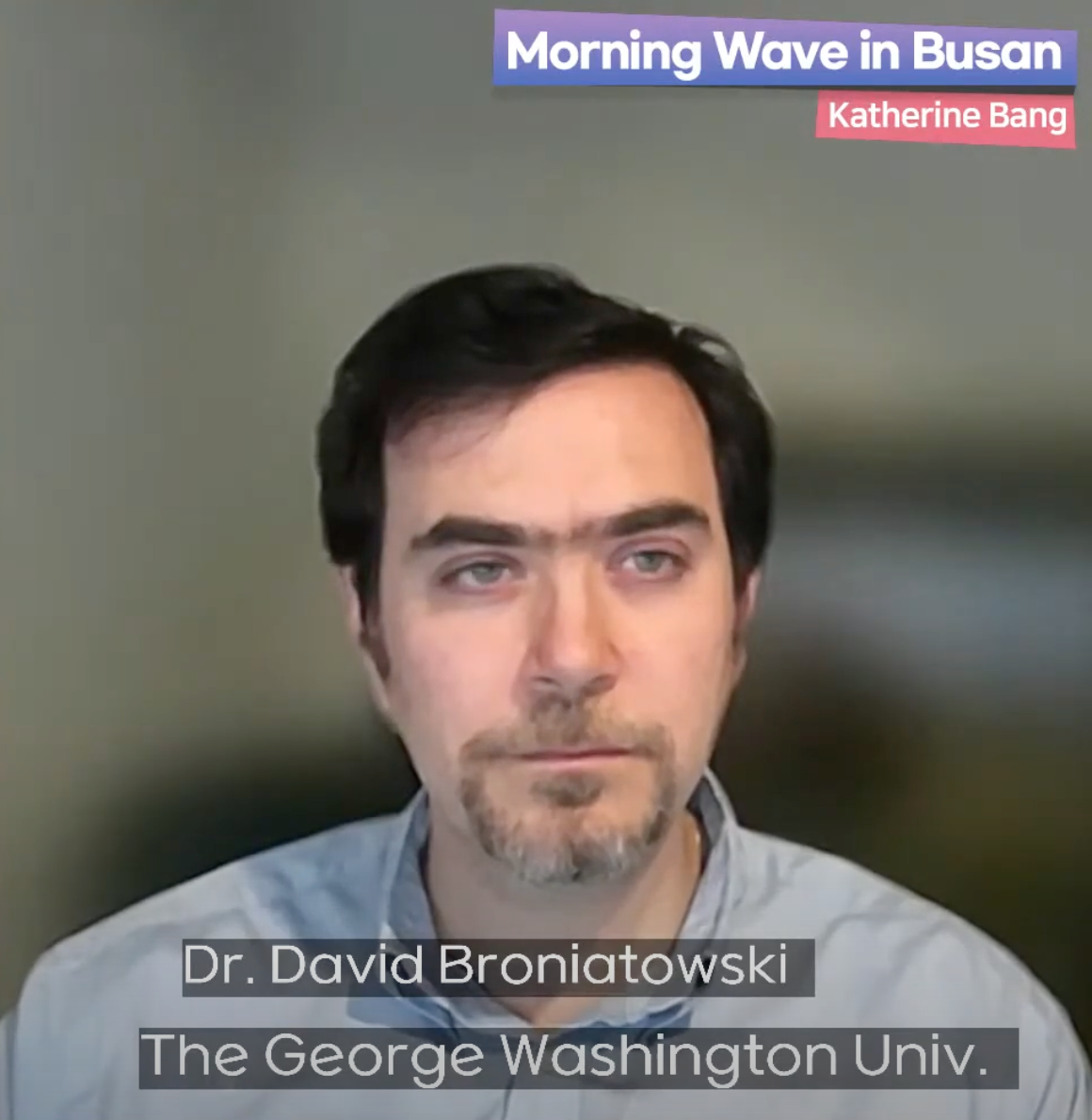
Broniatowski Discusses AI Ethics and Regulations on Morning Wave in Busan
GW’s David Broniatowski talks to a Korean radio station about the need to foster global AI safety that serves the needs of the broader society.

AI Snake Oil is Here, and It’s a Distraction, says Daumé
UMD’s Hal Daume tells Yahoo Finance that the AI hype is distracting from important discussions about safety, with companies selling how the technology works rather than what it can actually accomplish.

Detecting AI May Be Impossible. That’s a Big Problem For Teachers.
UMD’s Soheil Feizi tells The Washington Post that we should adapt our education system to not police the use of the AI models, but embrace it to help students use and learn from it.

More Engagement in Tech Design Can Improve Children’s Online Privacy, Security
Morgan State’s Virginia Byrne’s is part of a research team working to better understand the problems and solutions of designing technology with children's privacy and security in mind.

How to Regulate AI? Start With the Data
In this Op-Ed, GW’s Susan Ariel Aaronson lays outlines concrete steps that Congress could take to better regulate data and AI.
